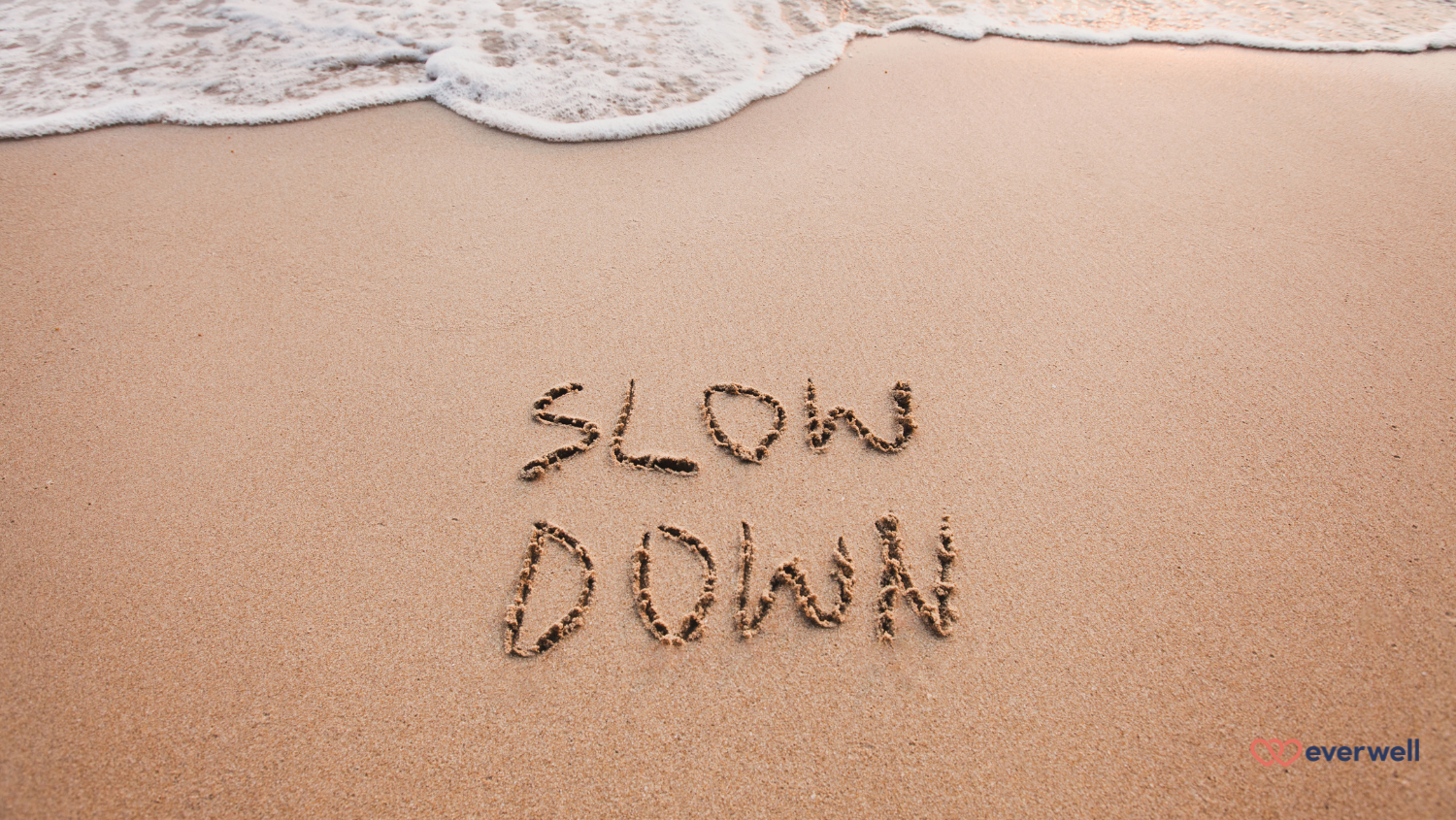When the world feels uncertain, many people experience deep emotional overwhelm or despair. In this therapist-written piece, we explore why these feelings make sense — and how self-compassion, nervous system awareness, and emotional care can support your mental health without minimizing what you’re going through.
Read MoreWhy do so many New Year’s resolutions fall apart — often within weeks? Instead of blaming willpower or motivation, this article explores a gentler, more effective path to change. Through curiosity, self-compassion, and self-trust, real personal growth becomes possible at any time of year — without shame, pressure, or perfection.
Read MoreStruggling with financial stress during the holidays? Learn why December often brings overspending, money anxiety, and pressure to meet expectations—and discover practical ways to honour your financial boundaries with more clarity, intention, and calm.
Read MoreIf you look up the causes of anxiety in midlife women, perimenopause is usually considered the culprit. But so many factors can contribute to midlife anxiety, especially for women. We are most often the ones, in heteronormative relationships, who carry the bulk of the mental load.
Read MoreDuring these uncertain times, we do need ideas for coping, but we also need to identify our uncomfortable feelings and possibly even allow those feelings to inform how we move forward. If that sounds a little daunting, it’s because it is a huge responsibility both to ourselves and to the world around us.
Read MoreSomething about the holidays can make emotions feel heavier, and to-do lists more urgent — a phenomenon that can make otherwise manageable triggers feel harder to hold. Giving ourselves permission to be especially compassionate to our needs during these times is the greatest gift we can give.
Read MoreIn a perfect world, mental health would be treated the same as physical health in Canada and it would be covered by a national health system supporting both body and mind. But at this point it is not the case. Many people either pay for their therapy sessions out of pocket or through their work’s benefits programs. Recognizing that sometimes the cost of therapy can be a barrier to a person reaching out for support, many therapists offer affordable counselling to make therapy accessible to as many people as possible.
Read MoreHygge (pronounced "hoo-ga") is a Danish term that refers to a cozy, comfortable, and contented state of being. It is often associated with a sense of well-being, warmth, and togetherness, particularly during the colder months. Journaling about hygge and mental health can be a deeply reflective and calming practice.
Read MoreCultural adjustment goes beyond learning new customs or language. It can bring up deep emotional struggles, particularly when you feel caught between family traditions and the need to adapt to a new culture.
Read MoreIn the wake of the U.S. election news, it would make sense if women, BIPOC, queer, and other equity seeking individuals were feeling some amount of emotional discomfort today. That discomfort could be stress, grief, anger, hopelessness, etc. If this is happening to you, know that you are not alone and that there are other people out there who are also feeling low, or feeling emotionally activated today.
Read MoreMy divorce wasn’t the solution to a mistake, it was the response to evolution. Separating didn’t negate my marriage or challenge the love that carried it for years, it was the necessary next step to ensure my partner and I - and our children - continued to be in our best space possible.
Read MoreSelf-care is not an activity to be checked off a list. It’s a practice of slowing down, tuning in, and responding to our inner needs with compassion. In a culture that values speed and productivity, true self-care often requires us to move in the opposite direction.
Read MoreWhile OCD is often associated with behaviours like needing a clean desk or arranging items symmetrically, many people with OCD face struggles that are less visible but equally distressing.
Read MoreAs parents, this is what all that work of raising our kids has been for - to get them to the point where they are ready to launch and to create an independent life of their own.
Read MoreMindfulness and meditation are two therapeutic powerhouses that can help you reframe your reality, even if not one thing changes in how busy you are this summer.
Read MoreSo much around money fear and shame relates back to the concept of scarcity both in finances and in our lives in general. A scarcity mindset goes beyond fear related to money, and is often expressed as a broader feeling of lack in a person’s life - they might focus mainly on the lack in their life in areas such as time, opportunities, or possessions.
Read MoreLoving and accepting ourselves as we are is challenging for many of us. Often, we are more comfortable criticising ourselves and telling ourselves what a bad job we have done rather than appreciating ourselves for our unique qualities and accomplishments.
You likely chose the nursing profession because of your desire to make a positive impact on the lives of others. Nurses are driven by compassion and a commitment to the well-being of their patients. However, these noble values that draw individuals to nursing often clash with the harsh realities of the healthcare environment. This may give rise to a unique set of challenges that can lead to burnout.
One of the things that may come up for people around this time of the year is setting boundaries and coping with environments or interactions that are uncomfortable. The holidays can be a very joyful time, but that joy can also be uncomfortable or come along with other uncomfortable thoughts and feelings. But how do we know how to cope? How do we know when our coping strategies are healthy?
A lot of the time, when we have difficult emotions, it can feel intimidating to experience them, which is why we may try to intellectualize the discomfort. What if we tried to watch what was happening inside with the curiosity and wonder a child has when they discover something new?




















